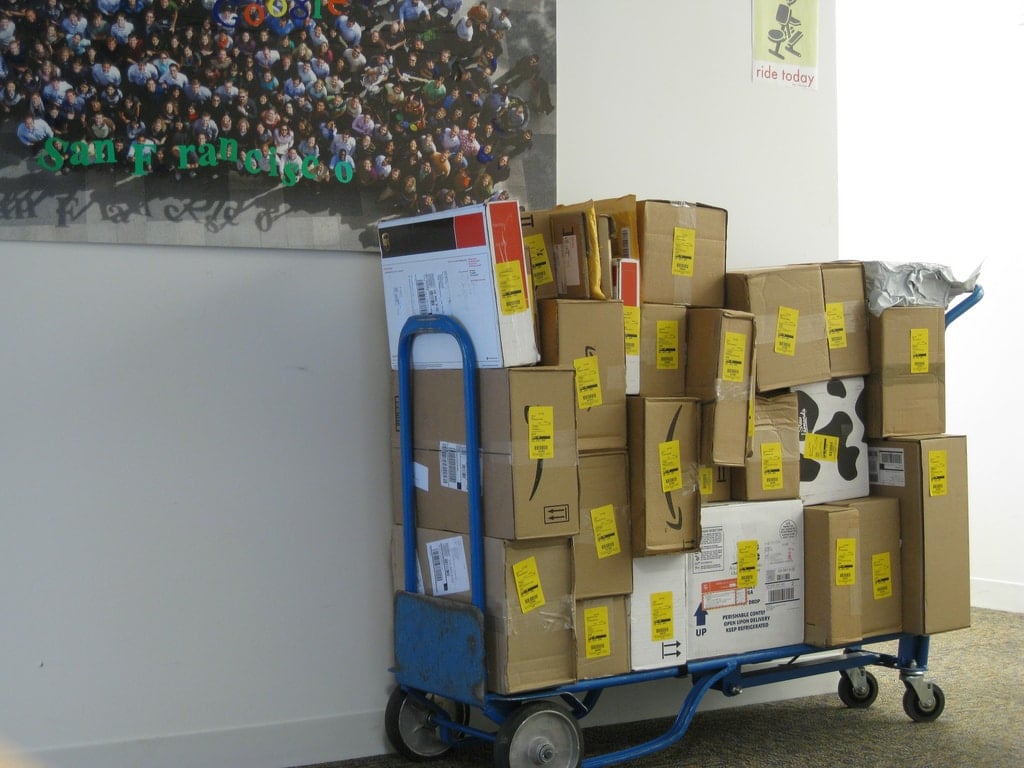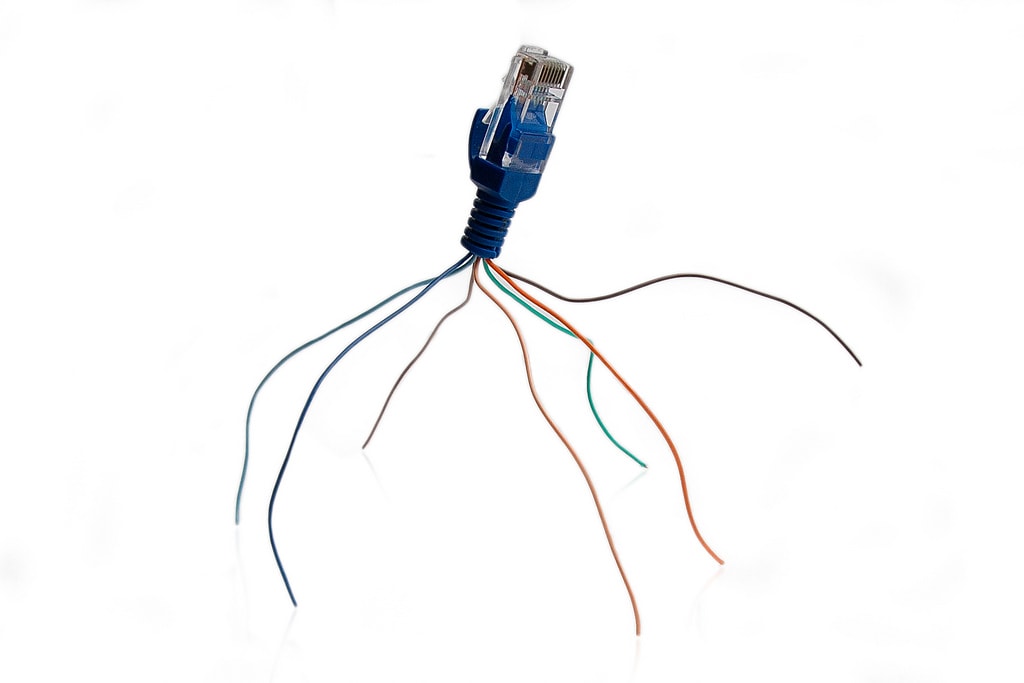Amazon, Instacart, and Doordash All Screw Delivery Drivers Out of Their Tips

I was going to include this in tomorrow’s link post but I decided that it was too important to just link to it.
While the average consumer would assume that tips are paid to workers on top of their regular wages, Amazon, Instacart, and Doordash have in fact been using the tips to replace delivery drivers' hourly wages.
Yes, all three companies have been cheating the drivers out of their tips.
From the LA Times:
It has been hard for drivers to prove — the company does not provide them a breakdown of their compensation beyond showing the total paid out, citing privacy concerns.
But two drivers tested their suspicions when assigned to deliver packages to their own homes.
Another contract driver in Virginia who ordered paper towels for his family and was assigned to deliver the package tipped himself $15.90 — an amount he said would easily stand out. Two days later he checked his account. For the entire two-hour shift he worked, he was credited with receiving no tips.
He wrote to Amazon to complain. Without offering any explanation, the company adjusted his pay for that shift to $50.11, which included additional tips, according to receipts The Times reviewed. He no longer drives for Amazon but asked not to be named because he operates a business that caters to Amazon Flex drivers and fears that speaking on the record could jeopardize that venture.
Lee, who still delivers for Amazon, said he tipped himself $12 and change for a package he brought to his own residence.
“It was slow that day and I had no orders to deliver, so I decided to place a one-hour order as a customer to see what the hell was going on with our tips as I knew I would be the next driver to deliver this one-hour [order] to my house,” Lee said.
His base pay for the 1½-hour shift was supposed to be $27. Including tips, he received a bit more than $30 — suggesting Amazon contributed only $18.
Hundreds of workers have been posting screenshots and reports of their earnings through the on-demand apps to Reddit and other online forums, which appear to show the company using customer tips to subsidize workers’ base pay. Some workers report that the new payment structure has reduced their earnings by 30 to 40 percent.
In one case a shopper shared screenshots showing they received a “batch payment” of just $0.80 from Instacart because the customer had paid a $10 tip, bringing the total fee for the job to $10.80. When the driver queried why they hadn’t earned more for the job, an Instacart community support representative responded, “The reason that your batch incentive was low for this particular order is because of the tip amount.”
Despicable, isn’t it?
image by moppet65535 via Flickr



Comments
Scott Lewis February 8, 2019 um 9:25 am
Drivers should be upset. But also, consumers as well, who essentially are subsidizing Amazon’s labor costs instead of rewarding friendly drivers.
gbm February 9, 2019 um 12:54 pm
I would think that is illegal.
https://www.dol.gov/whd/regs/compliance/whdfs15.htm